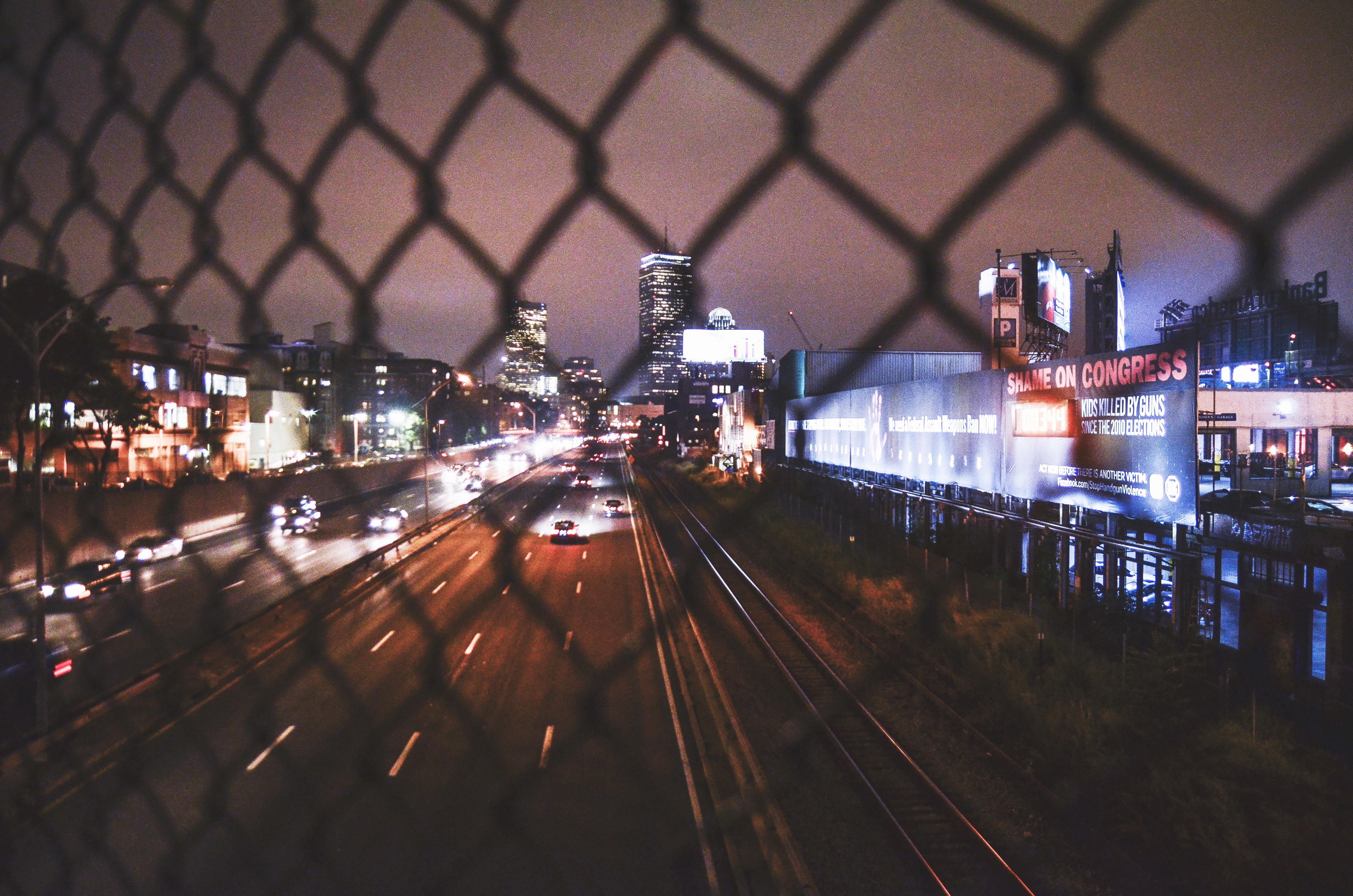The ancient rabbis taught: “Build a fence around the Torah.”
It is a strange and curious notion. Erect a fence around a book?
Does the Torah require such safekeeping? Are we meant to lock it within the Holy Ark? While the Torah scroll should be safeguarded, its essence does not require such protection. It is meant to be lived. The Torah is intended to be brought into the world.
It is brought into the world wrapped in a hedge.
We are to build fences around the Torah’s biblical laws so that we do not transgress its commandments. On the Sabbath, for example, one is prohibited from spending money. Better not to carry it, the rabbis reasoned. Don’t even pick up your wallet. One fence was constructed–and then even more and yet more.
The day of rest was walled off from any inadvertent work.
Can we still peer in over the fence and behold this beautiful day? Or is it instead filled with a multitude of prohibitions? Do not write. Do not light a fire. Do not play instruments. This is how we perceive the Shabbat laws. The litany of no’s obscures the central import of this day. The day’s gift is still required. Everyone needs a day of rest. People require a day to recharge their spiritual batteries.
The everyday world must be set aside. We must cast away the commotion of weekday concerns. How much richer might our lives be if we did not pour over countless online magazines and newspapers or incessantly check our Facebook and Twitter feeds? Six days of reading is certainly sufficient.
According to Jewish tradition God did not rest from creation on the seventh day, but instead finished the work. “What,” the rabbis ask, “Did God fashion on the seventh day?” Being rabbis, they answered their question with answer: “Rest.” In their mind it is not any kind of rest. It is instead menuchah–that special kind of rest that can only be achieved when we greet each other with the words, “Shabbat Shalom.” A day of peace.
Can rest really be achieved without constructing any sort of fence? Is it possible to create such an atmosphere without a hedge of prohibitions encircling the day? If I say yes to everything on Saturday that I do on Wednesday, how is this day’s quality any different from the remainder of the days? There must be some no’s.
Rest can only be achieved by letting go of something. I cannot fall comfortably asleep until I empty my mind of the day’s struggles and concerns.
We naturally do this when go on vacations. These are moments when family and friends let go of their individual chaotic schedules and instead adhere to a unified, and in those idyllic moments, rhythmic schedule.
“Today we are going to Disney World. Tomorrow we are going to the beach. Tonight we are barbequing at the house.” It is no longer about what I want to do but instead what we want to do. The work we left at our offices cannot be done as we charge from one activity to another. It will have to wait. The news can be read another time. The game’s ninth inning home run can be reviewed another day.
Nothing is really that pressing.
Nothing is really that pressing–except for family, and except for rest.
There is no vacation, there is no day of rest, without constructing some manner of fences. The truth that many struggle to apprehend is that without at least some no’s, very little can be created.
Togetherness and refreshment can only be gained by fencing some things out.
Rabbi Steven Heneson Moskowitz is the rabbi of Congregation L’Dor V’Dor, a vibrant synagogue on Long Island’s North Shore. His writing appears in a variety of publications including Reform Judaism and The Times of Israel. He also blogs at rabbimoskowitz.com

